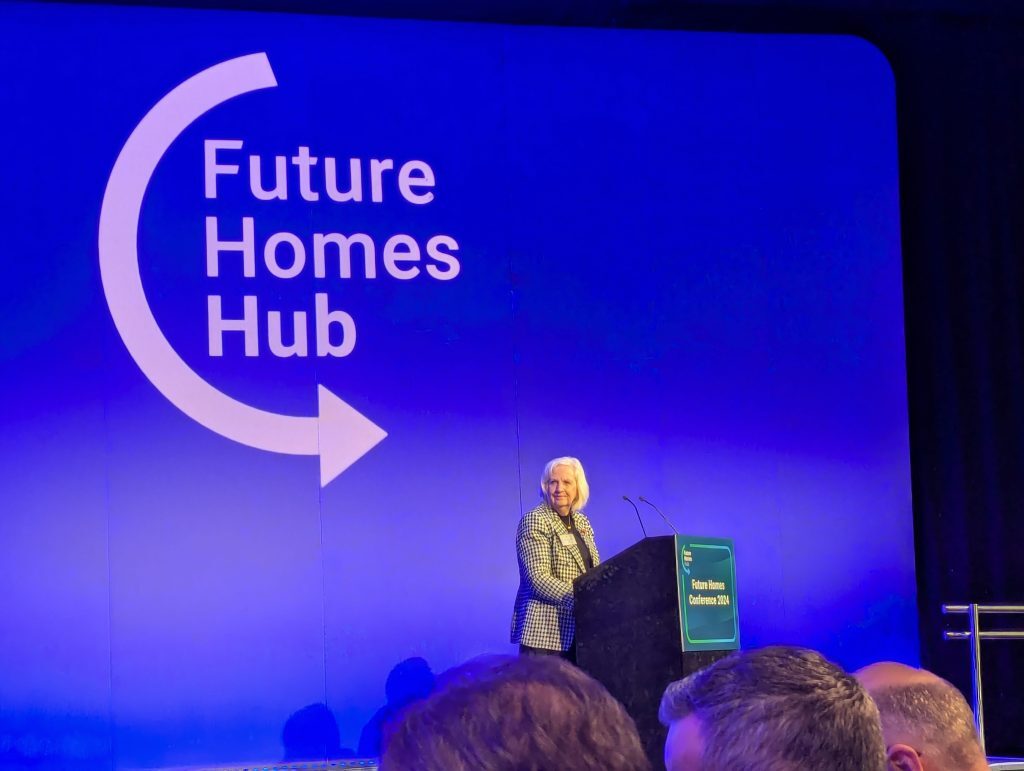The government has recently announced the launch of a consultation on reforming the Energy Performance Certificate (EPC) system in England. This move comes as part of a wider effort to improve energy efficiency in buildings and reduce carbon emissions. The consultation seeks to gather feedback from industry professionals, homeowners, and other stakeholders on potential changes to the EPC framework, with the goal of making it more effective and user-friendly.
One key aspect of the reform is the proposal to introduce a new 'rating scale' for EPCs, which would provide a more accurate reflection of a property's energy efficiency. This new scale would involve a shift from the current A to G ratings to a scale of 1 to 100, allowing for greater granularity and differentiation between properties. The government hopes that this change will encourage homeowners and landlords to invest in energy-saving measures and improve their EPC ratings.
In addition to the new rating scale, the consultation also seeks feedback on ways to enhance the accuracy and reliability of EPC assessments. This includes exploring the possibility of introducing mandatory training and accreditation requirements for energy assessors, as well as improving the quality of data used in EPC calculations. By addressing these issues, the government aims to ensure that EPCs provide an accurate representation of a property's energy performance and help drive uptake of energy-saving measures.
Another key focus of the consultation is the proposal to make EPC information more accessible and transparent to consumers. This could involve making EPC ratings more prominently displayed in property listings, as well as providing clearer information on the potential cost savings associated with energy efficiency improvements. By increasing awareness and understanding of EPCs, the government hopes to empower consumers to make informed decisions about their energy usage and encourage investment in energy-efficient homes.
The reform of the EPC system also includes plans to digitize and streamline the process of obtaining and updating EPCs. This could involve introducing a digital platform for EPC assessments, as well as automating the updating of EPCs when energy-saving measures are implemented. By modernizing the EPC process, the government aims to make it more efficient and convenient for homeowners, landlords, and energy assessors to access and use EPC information.
Overall, the consultation on EPC reform marks an important step towards achieving the government's goal of improving energy efficiency in buildings and reducing carbon emissions. By seeking input from a wide range of stakeholders, including industry professionals and consumers, the government hopes to develop a more effective and user-friendly EPC system that drives investment in energy-saving measures and helps create a more sustainable built environment. As the consultation progresses, it will be crucial for all parties to engage constructively and provide feedback on how the EPC system can be improved to meet the challenges of climate change and ensure a greener future for all.






